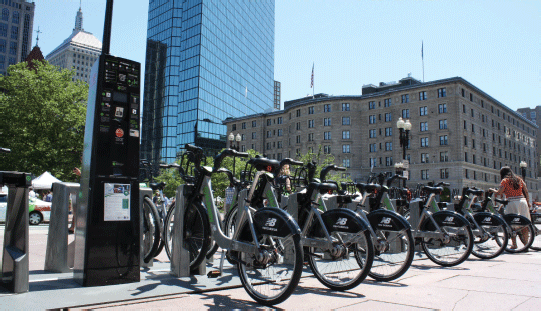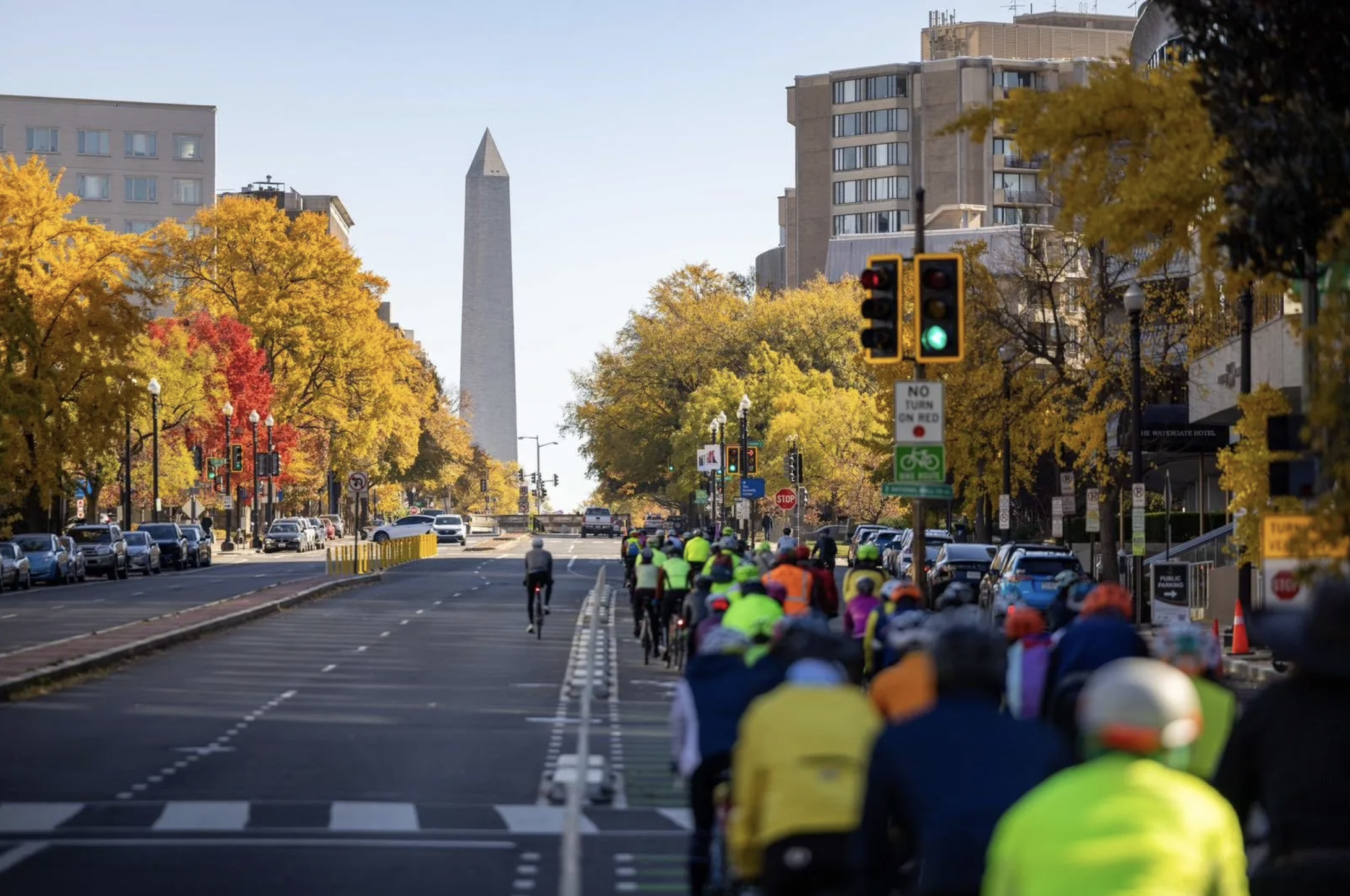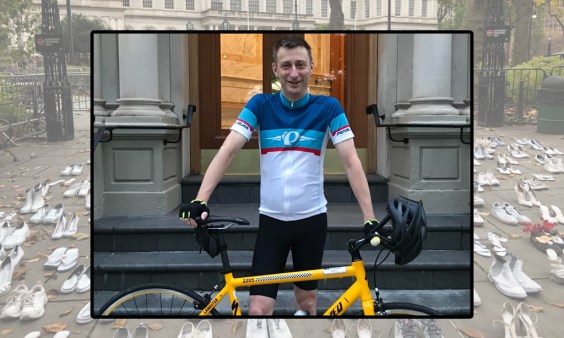The newest tool for doctors in the fight against obesity? That's right: Bike-share.

This week in Boston, doctors introduced a program called Prescribe-a-Bike, offering low-income residents struggling with obesity an annual Hubway bike sharing membership for the low price of $5. The program is being administered by Boston Medical Center in partnership with the city of Boston. Qualifying patients will have access to Hubway's 1,100 bikes at 130 locations. Participants will also receive a free helmet.
“There is no other program like this in the country,” Mayor Marty Walsh told Boston Magazine. “Prescribe-a-Bike makes the link between health and transportation, and ensures that more residents can access the Hubway bike-share system.”
Local officials hope the program will result in about 1,000 additional memberships, according to the Boston Globe.
In the medical community this type of recommendation is known as an exercise prescription, and it is a growing practice. More doctors are prescribing exercise, the CDC says, as "lifestyle diseases" like obesity, heart disease and diabetes have become some of the leading killers in the United States. In addition, policy measures like the Affordable Care Act are providing incentives for the healthcare industry shift focus from treatment of disease to the promotion of wellness.
For a while in the last decade, one of the leaders in this movement, Kaiser Permanente, experimented with prescribing sedentary patients pedometers so that they could track their daily walking.
"Physical inactivity has become the greatest public health problem of our time," said Dr. Robert Sallis, a leading proponent of this type of medicine, "and finding a way to get patients more active is absolutely critical to improving health and longevity in the 21st century.”





